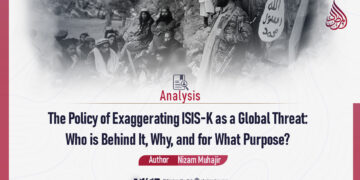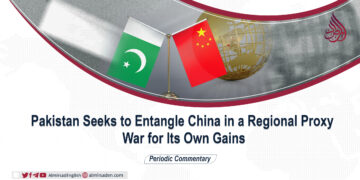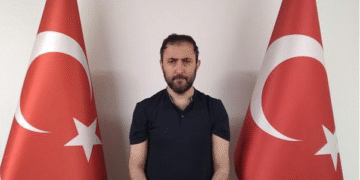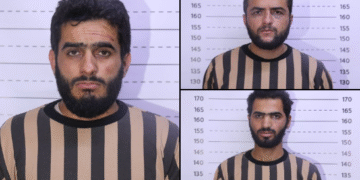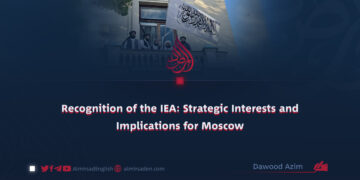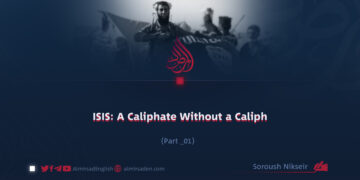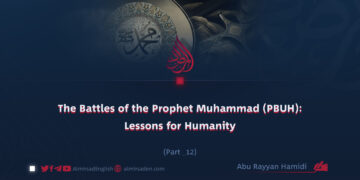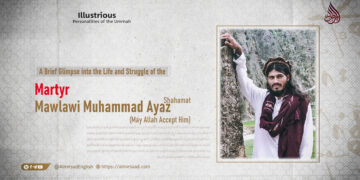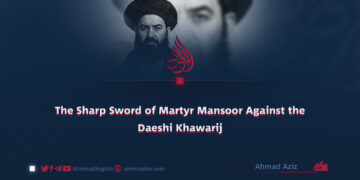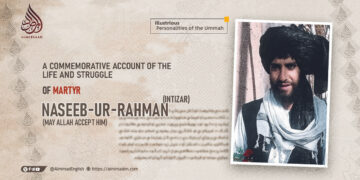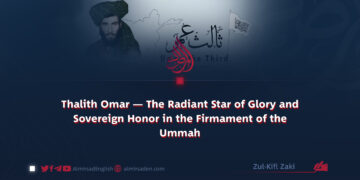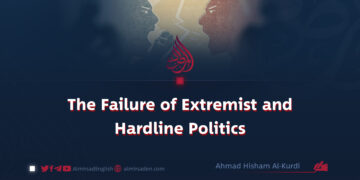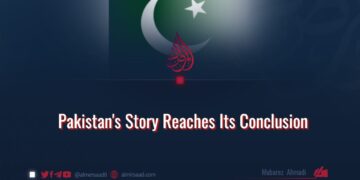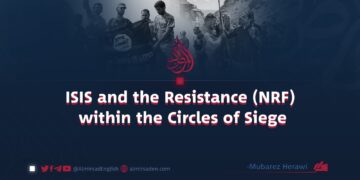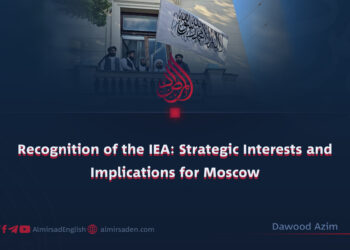Part 1
Author: Shabbir Jawad
The Illicit Financial Architecture of the Daeshi Khawarij
Under the banner of the so-called “Islamic Caliphate,” the emergence of the Daeshi Khawarij initially captivated many unsuspecting Muslims. Deceived by the group’s outward religiosity and emotionally charged slogans, these individuals—lacking adequate awareness—were led to believe they were supporting a noble Islamic cause.
Consequently, significant financial and human resources were extended to Daesh by well-meaning and devout Muslims, unaware that their contributions were not furthering the establishment of true religion. Instead, they were sustaining a violent and corrupt system that brought nothing but destruction, discord, and moral collapse.
Once severed from public support and grassroots funding, Daesh—continuing the ideological and operational lineage of the historical Khawarij—turned to illicit and reprehensible means for its survival. Chief among these methods were abduction, human trafficking, and systematic extortion. According to credible international reports, in 2014 alone, the group accrued an estimated $25 million through ransom payments.
This strategy of criminal revenue generation has remained a cornerstone of the group’s financial model. For example, in Iraq’s Diyala province, Daesh’s clandestine networks continued to extort hundreds of thousands of dollars from vulnerable families in recent years.
Beyond the threat to human life, the presence and dominance of Daeshi Khawarij inflicted severe damage upon the cultural and civilizational heritage of the region. While the group publicly styled itself as a destroyer of idols and opponent of polytheism, in practice, it prioritized the theft and sale of statues and antiquities over their destruction.
Under the dark shadow of their reign, historical artifacts from Islamic lands were trafficked and handed over to smugglers. These items were then routed through Turkey and sold in European markets, netting the group hundreds of millions of dollars.
The hypocrisy of the Daeshi Khawarij became especially evident in their dealings with Western nations. On one hand, they vehemently condemned the West as enemies of Islam and forbade any engagement with them. On the other, when confronted with financial crises, they openly conducted trade and smuggling operations involving antiquities and other assets through Western intermediaries.
In an ironic and revealing development, near the end of their territorial control, Daesh established a formal “Department of Antiquities” in the Syrian city of Manbij. This office was tasked with regulating and systematizing the sale and transfer of stolen artifacts—an institutionalization of their criminal enterprise.
In summary, the Daeshi Khawarij employed every possible method—whether lawful or unlawful, religious or irreligious—to prolong their illegitimate existence. Yet the immutable law of Allah remains: that oppressors and corruptors may temporarily thrive, but their end is disgrace and annihilation. As Allah the Almighty declares:
“إِنَّ اللَّهَ لَا يُصْلِحُ عَمَلَ الْمُفْسِدِينَ” (یونس، آيت ۸۱)
“Indeed, Allah does not amend the work of corrupters.” (Surah Yunus, Ayah 81)



